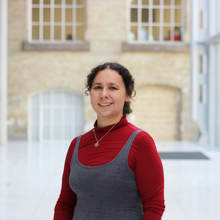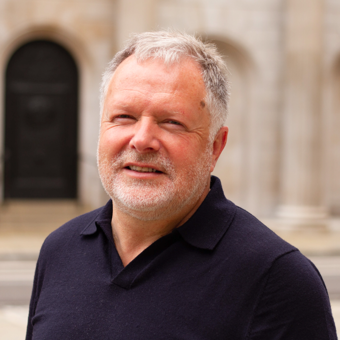Nottingham Law School’s Helen Hall discusses Clashing Rights: Religious Freedom and Inclusive Education
Whenever emotions are running high, especially where issues of family and identity are concerned, there is a tendency for the language of rights to be invoked. One of the leaders of protestors at the Anderton Park School in Birmingham, reacting angrily to an injunction, plastered the following over social media “You CANNOT silence people who are speaking and demanding their RIGHTS”. However, this rallying call misses a rather fundamental point: what about the rights of other people? In a democratic society, citizens cannot expect to assert their freedoms in a way which tramples over the needs and liberties of those around them. In situations where competing demands clash, human rights law seeks to balance the various interests at stake.
What are the rights in play in a situation like the current Birmingham controversy over the teaching about LGBT equalities in primary schools? It is uncontroversial that parents have a right to bring their children up according to their faith or worldview (Article 9 ECHR protects freedom of religion and belief, whilst Article 8 safeguards the right to private and family life). Furthermore, there is a specific right to educational provision which is free from indoctrination and accessible to all, regardless of ideology (Art 2 Protocol 1 ECHR). Taken together, these rights mean that families can expect their faith to be respected in state schools, however this does not equate to a blank cheque where religious demands are concerned. The exercise of freedom of belief can properly be limited, to the extent that it is necessary to protect third parties or society as a whole. In this instance, there are a number of competing considerations which demand its restraint.
There are the rights of other parents, who wish their children to learn about equality and diversity, and the very proper interest of public authorities in fostering tolerance, inclusivity and social cohesion. No education can be value-neutral, and in a democratic society, elected policy makers ultimately determine the underlying ethos of state education. Furthermore, resources and practicalities mean that parents cannot expect to demand or design a la carte schooling in the public sector.
Furthermore all families have a right to feel safe, comfortable and welcome in a school community, including those where one or both parents happen to be gay or bisexual. Crucially too, there are the rights of children as individual human beings to learn about the world, and develop their own, independent opinions. Parents do not have an absolute right to control access to information to their children. As well as human rights law, the framework of the Children Act 1989 makes clear that parental responsibility (the bundle of powers given to adults undertaking parental roles) exist for the child’s benefit. Parents cannot expect to keep their children in a bubble, and filter out all messages of which they disapprove. There is a distinction too between what the legal framework might grant parents the space to do or say in bringing up their children, and what public authorities should be willing to actively facilitate. The negatives of removing a child from parental care because he or she might be imbibing some homophobic, racist, xenophobic, disablist or sexist ideas will often outweigh the positives, but this doesn’t mean that such parents can expect the state to help in forming a prejudiced outlook.
The final twist in this particular tale however, is that some of those coordinating the protests in question, cannot even claim to have rights in play as parents. Indeed, the author of the quotation above falls into that category. Whilst the freedoms of expression and assembly are important ones, they are undoubtedly ones which are frequently limited for the protection of others and public order. There cannot be a right to protest any cause, in any manner at any location, if we are to have a safe and secure society for all members. In summary, if everybody is to enjoy their rights, everybody has to equally accept that sometimes their exercise is going to be limited. That reflects the current state of the law, and also our instinctive sense of justice.









